| The United States increases anti-tax evasion investigations on imported goods, what can Vietnamese businesses do to respond? The United States issues final conclusions on the anti-tax evasion investigation of steel pipes from Vietnam |
The process of participating in global supply chains has also made Vietnam a country that is being sued together with a number of countries with large export turnover, often being investigated for trade defense or suspected of illegal transshipment to avoid trade defense taxes. Therefore, recently, the number of investigations against evasion of trade defense measures against Vietnamese export goods has tended to increase. Mr. Chu Thang Trung - Deputy Director of the Department of Trade Defense, Ministry of Industry and Trade, discussed this issue with the Industry and Trade Newspaper.
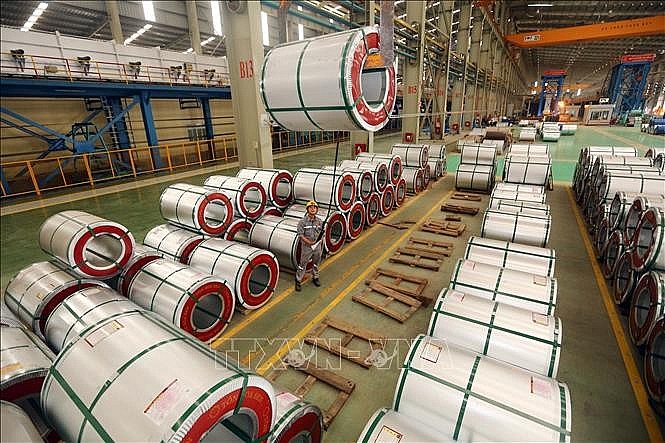 |
| Vietnamese export goods are facing more investigations against evasion of trade defense measures. Photo: VNA |
Recently, in addition to trade defense measures such as anti-dumping and anti-subsidy, anti-tax evasion investigations against Vietnamese goods have been on the rise. Can you share about this situation?
In the current context, the world is continuing the trend of globalization and trade liberalization. One of the characteristics of that trend is the reduction of import tariff barriers. However, along with that, countries continue to maintain mechanisms to protect domestic production from acts considered unfair competition as well as the phenomenon of excessive import increase. And those mechanisms are the use of trade defense tools according to the regulations of the World Trade Organization (WTO) and commitments of Free Trade Agreements (FTA).
Due to the increasing need to protect national production interests, the number of trade defense (TDR) cases continues to be applied more and more. Some countries use this measure more frequently such as the United States, EU, India, Canada, Australia; some Southeast Asian countries, Türkiye.
It is noteworthy that recently, in addition to traditional measures such as anti-dumping, anti-subsidy, self-defense, etc., some countries have begun to pay attention and regularly use measures to prevent evasion of trade defense measures to protect the interests of domestic manufacturing industries due to the value-added chain going through many countries as well as the strong shift in production.
For Vietnam, the export of goods has increased and more and more goods are facing the risk of being subject to trade defense measures as well as measures to prevent evasion of trade defense measures. Up to now, 238 cases of trade defense measures and anti-evasion of trade defense measures have tended to increase, especially in the US market. Out of 10 cases of investigation from this market, there are 5.6 cases of investigation of evasion of trade defense measures.
The reason is that we are in the context of trade conflicts between major economies in the world; that conflict is transformed into trade restrictions that are applied more frequently. In addition, Vietnam, with its policy of facilitating trade exchanges, actively and proactively participates in the process of international economic integration, has become a source of international investment attraction. Demonstrating rapidly increasing export results, potential import markets will question whether Vietnam's export growth is due to production capacity or to certain inappropriate behaviors. This is the starting point of investigations against evasion of trade defense measures.
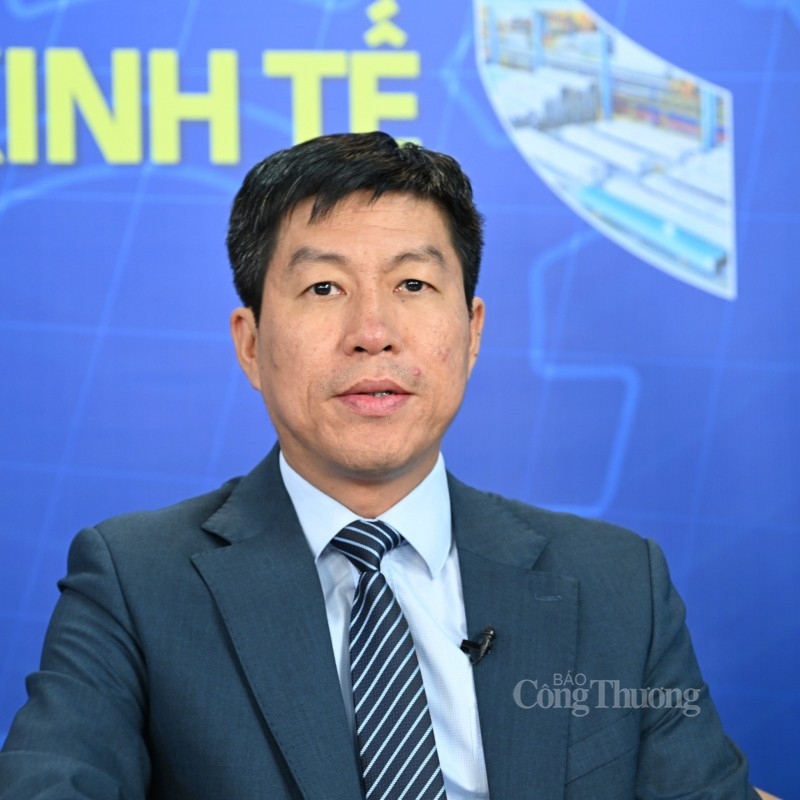 |
| Mr. Chu Thang Trung - Deputy Director of Trade Defense Department, Ministry of Industry and Trade |
So can you clarify the characteristics of the anti-trade defense measures that have been used by countries recently?
There are two cases of anti-avoidance of trade defense measures: First, there is fraud and evasion of trade defense taxes through origin fraud and illegal transshipment. Second, there is a shift of investment from other countries to Vietnam for production, creating a certain added value and causing the import market to conduct an investigation against evasion of trade defense measures.
On the other hand, in each case of anti-circumvention of trade remedies, countries have inconsistent handling, such as the United States will be different from the EU. As the United States often considers the significant transformation to conclude whether there is circumvention or not and does not specify how much. While the EU often gives specific benchmarks on the level of circumvention as well as the value added content in the third country showing signs of trade remedy circumvention.
Thus, with this measure, the conclusion of whether there is an evasion or not depends on the subjective assessment of the importing country, not necessarily on the fact that the enterprise is violating the regulations. With that characteristic, we must have measures to prevent fraudulent behavior and dishonest production; at the same time, there must be information support so that enterprises can grasp the investigations of anti-evasion behavior, have conversion, and increase the value-added content of goods produced in Vietnam.
In order to implement the policy of improving the effectiveness of economic integration, as well as seriously implementing FTA commitments , the Prime Minister has approved the Project on Strengthening State Management of Combating Trade Defense Measures Evasion and Origin Fraud (Project 824). Could you please tell us what specific activities the Ministry of Industry and Trade has implemented to implement the Government's policy?
The goal of Project 824 is to limit fraudulent acts of product origin; prevent violations, avoid affecting Vietnam's production, as well as negatively impacting legitimate businesses and the economy.
When submitting Project 824 to the Government for approval, the Ministry of Industry and Trade proposed solutions that are coordination between ministries and branches to have a focused and key fight. Accordingly, after Project 824 was approved by the Prime Minister, every year, the Ministry of Industry and Trade made a list of products with high risk of investigation against trade defense evasion and sent it to ministries, branches and localities to coordinate and take timely measures.
Specifically, for import-export management agencies, when issuing certificates of origin, they must carefully check each goods file; for customs, when businesses make export declarations, they have the authority to more carefully check each shipment; for localities, they license investment projects in accordance with the law and have a more thorough review.
In addition, the Ministry of Industry and Trade has also carried out many other activities, such as coordinating with foreign competent authorities in investigation cases, proving that Vietnam does not welcome or support acts of origin fraud or evasion of trade defense measures. This coordination work of the Ministry of Industry and Trade has been highly appreciated by foreign agencies. And currently, these activities are being continued to be implemented by the Ministry of Industry and Trade, specifically the Department of Trade Defense.
In the face of the protectionist trend as well as the increase in anti-trade defense tax evasion investigations, what recommendations does the Trade Defense Department have for businesses, industry associations and local authorities in preventing acts of evasion of trade defense measures?
Due to the protectionist trend, some groups of goods are at risk of facing trade defense measures, including anti-evasion of trade defense taxes, such as aluminum, steel, copper, chemicals, plastics, fibers, wood, etc. In addition, some machinery and engine products; assembled, processed and manufactured products are easily subject to lawsuits against trade defense evasion. And recently, energy-related products such as solar panels are being developed by countries that have protection policies and are vulnerable to trade defense investigations for these export products.
Through our observations and records, recently, businesses and associations have shown positive signs in caring for and protecting their interests, minimizing the risks that may occur to businesses in the face of trade defense investigations, especially investigations against evasion of trade defense measures. However, to respond more effectively to these cases, we believe that businesses will be the main subjects in handling these measures in addition to the support of management agencies.
Accordingly, businesses, along with being interested in opportunities, should be aware of the risks that may occur in the process of production and business cooperation. Once risks are identified, there must be solutions in advance to prevent this from happening. First, consider whether the use of raw materials is being investigated for anti-trade defense tax evasion or not? From there, there will be appropriate production adjustments. At the same time, businesses must maintain governance so that when there are allegations, we have evidence to prove and provide information to the investigation agency.
In addition, it is necessary to have coordination from the Association and trade defense consulting agencies so that enterprises can be more proactive in production activities. Regarding local authorities, we have passed the period of attracting investment at all costs and have become more selective, how to achieve the goal of increasing the value-added content in Vietnam as well as creating jobs, bringing driving force for economic development. At the same time, regularly monitor and update early warning information from the Ministry of Industry and Trade; manage and supervise the activities of enterprises in the area to detect and prevent evasion.
Thank you!
Source link



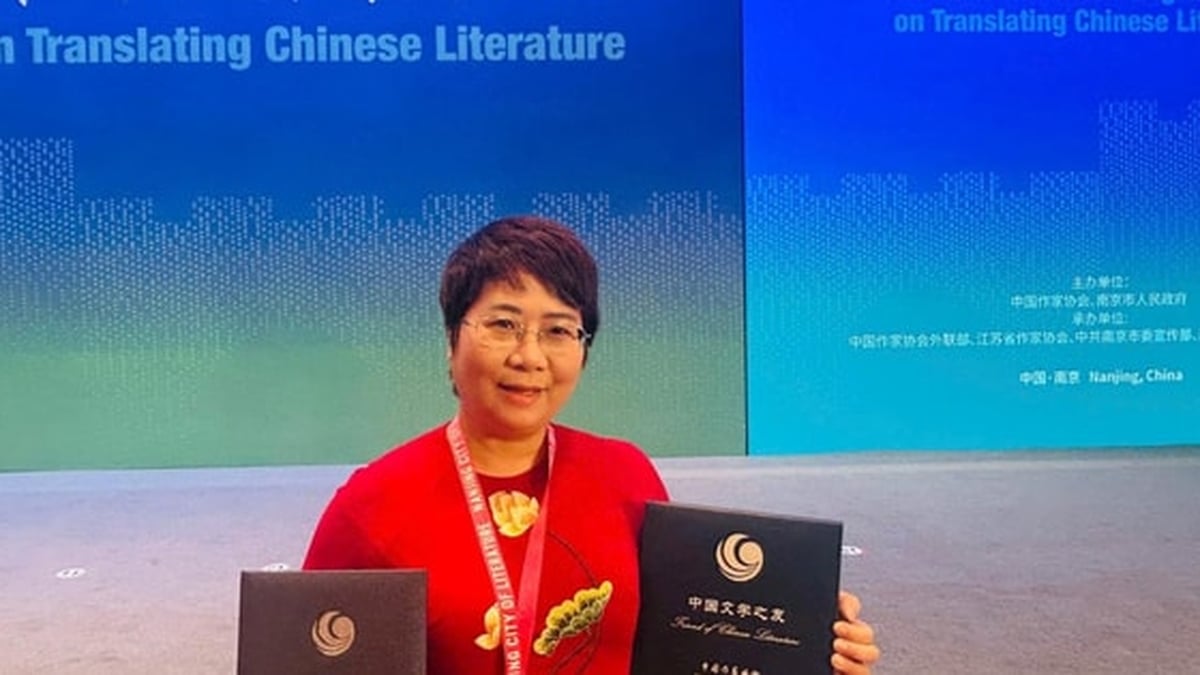

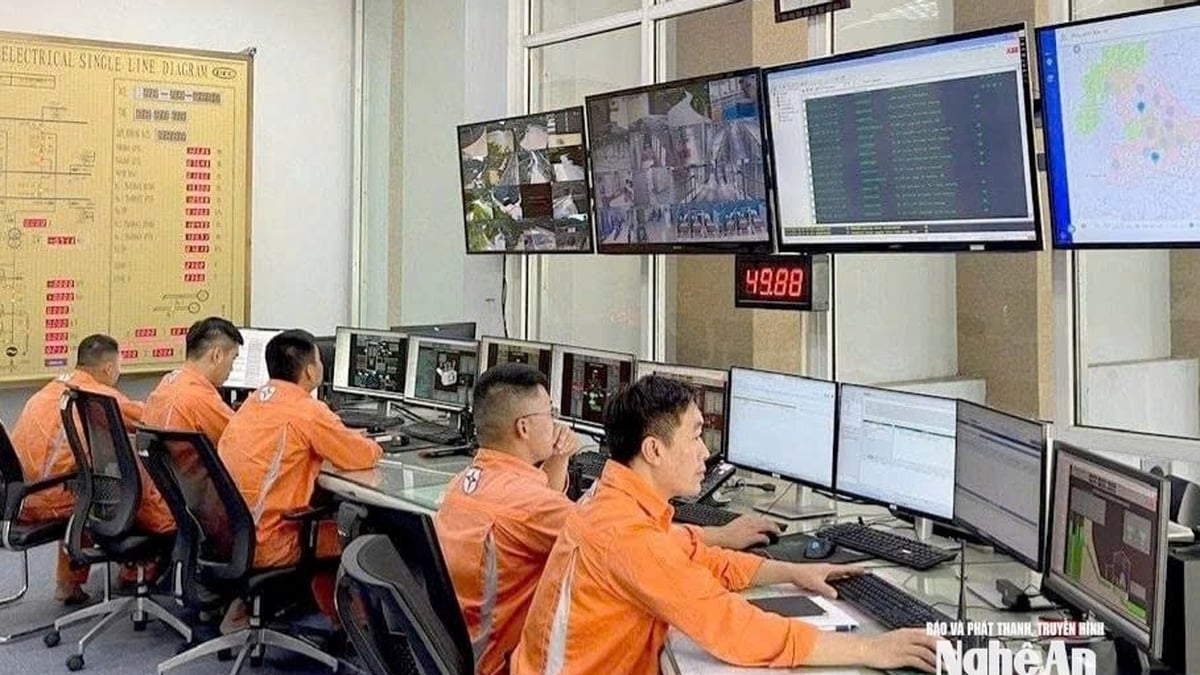
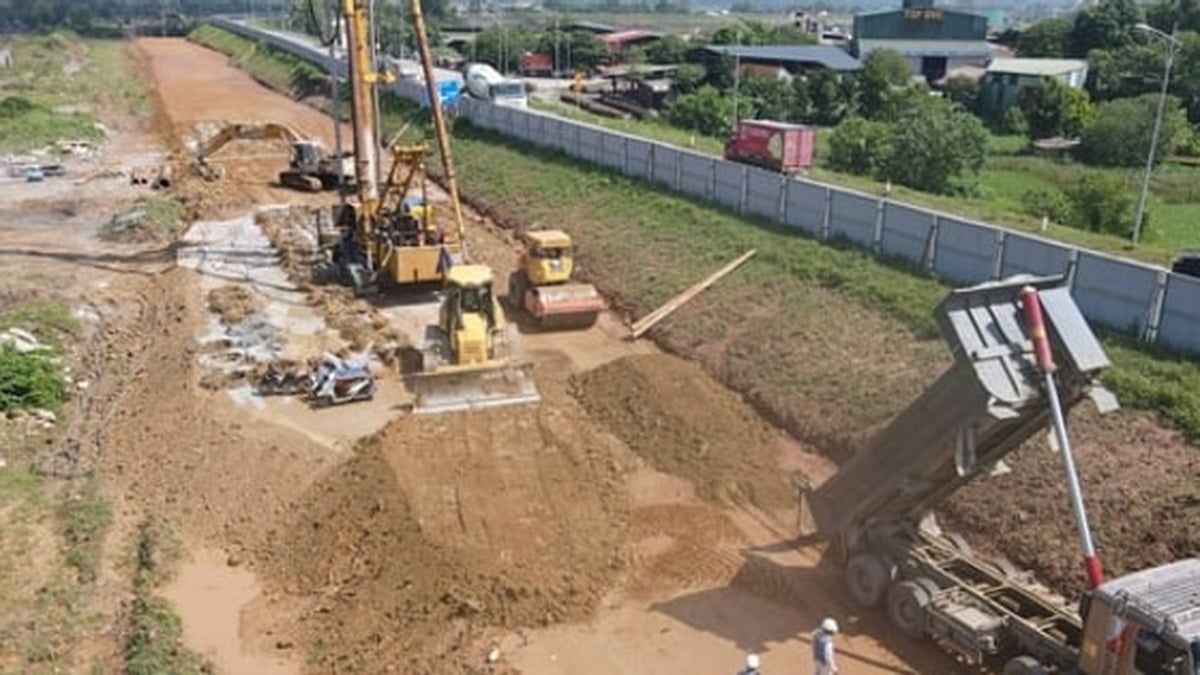
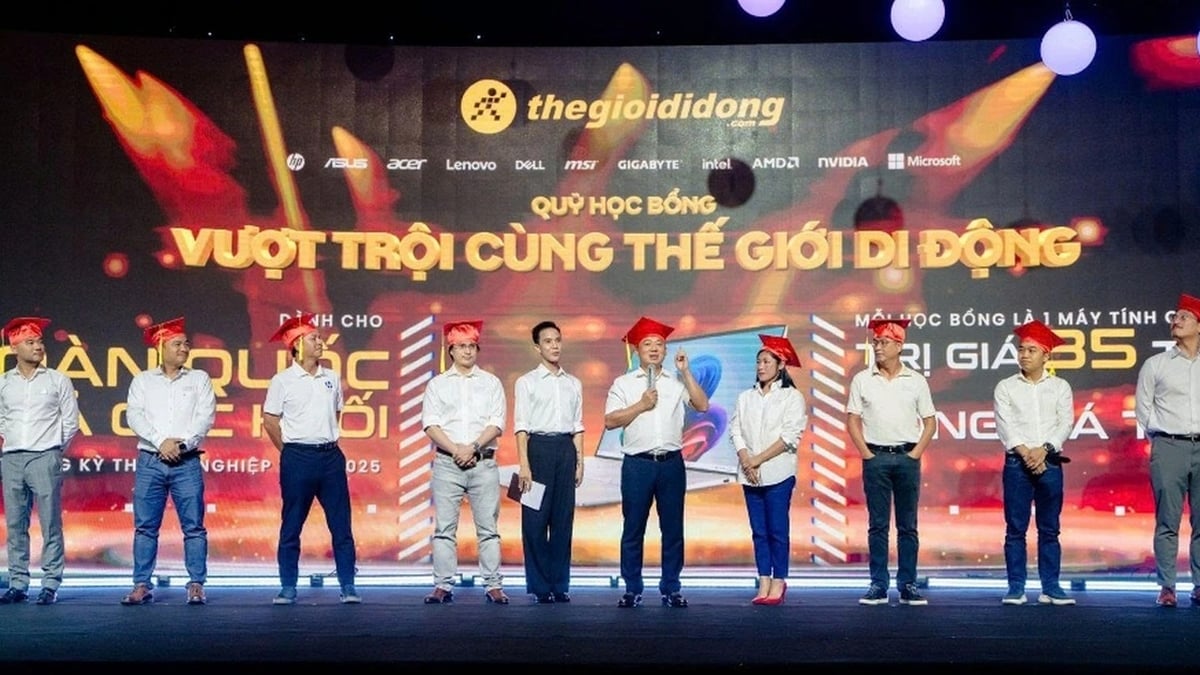
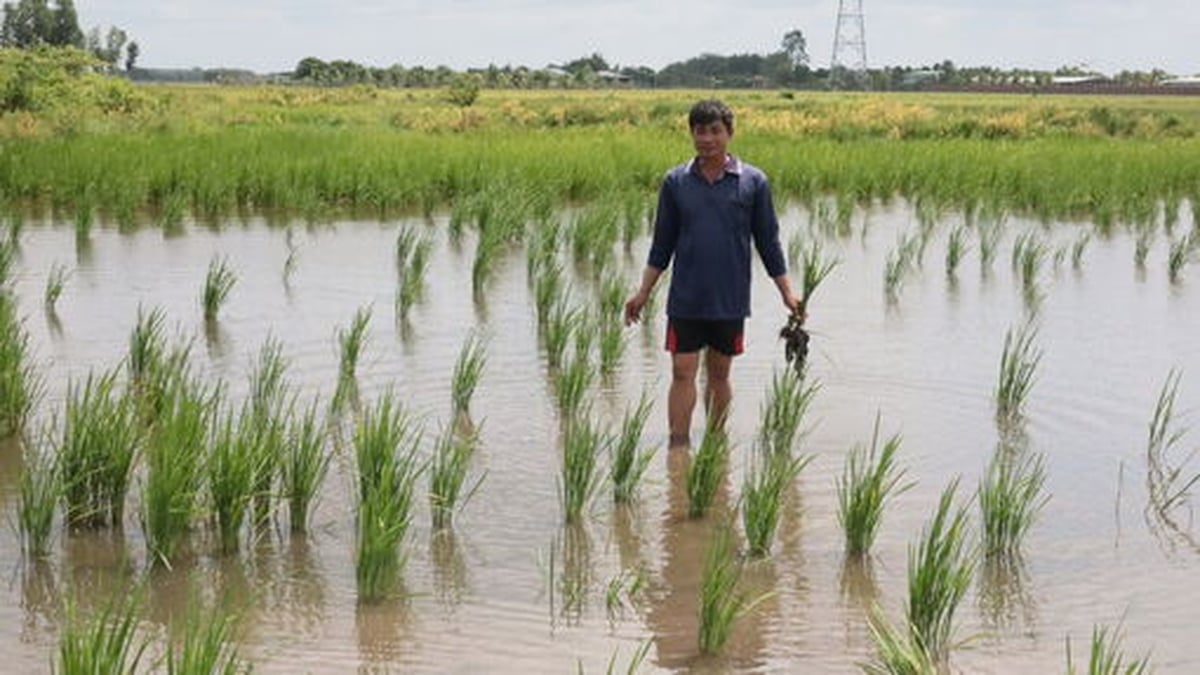
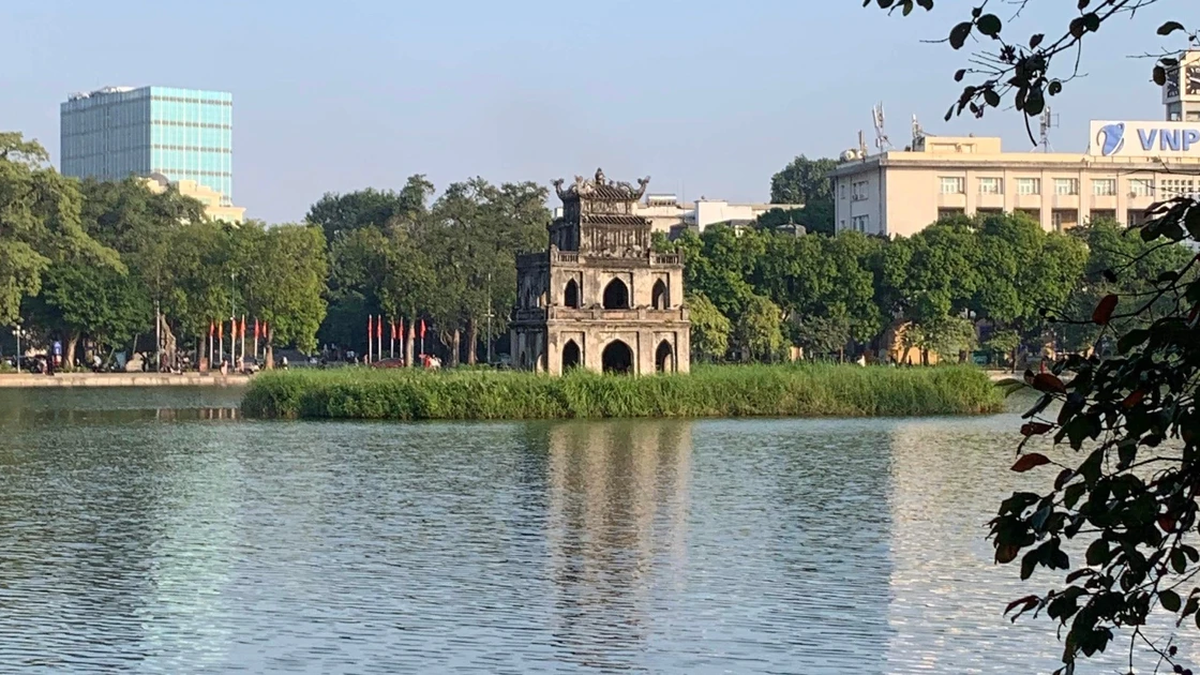
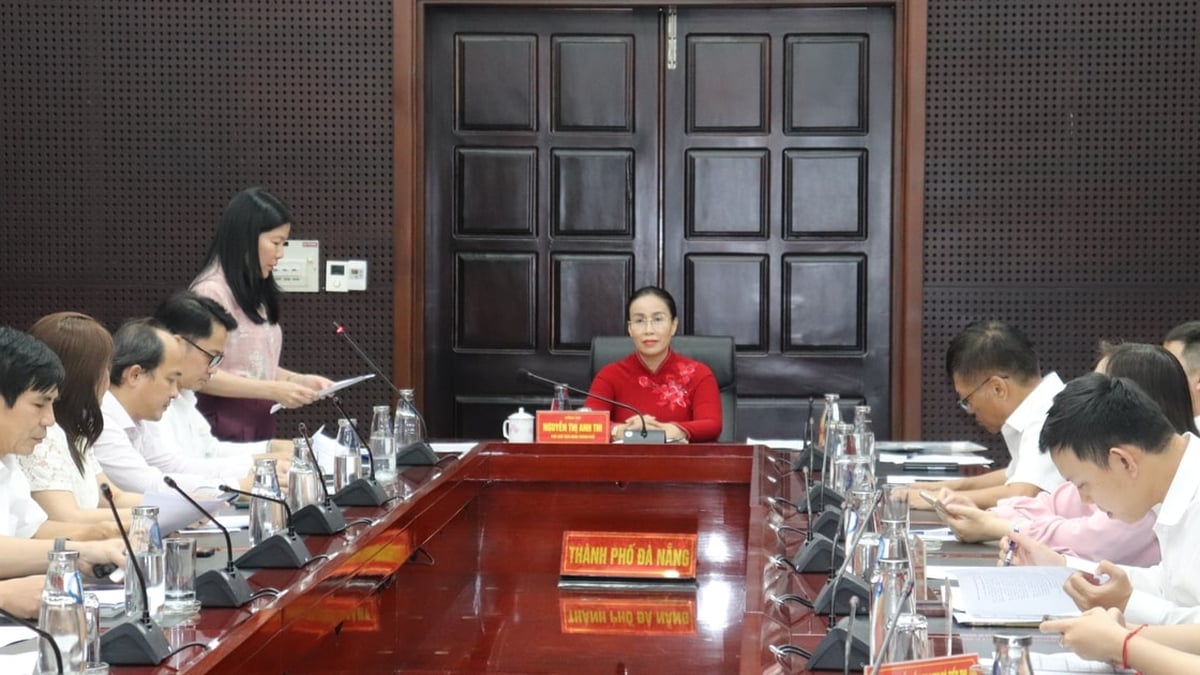
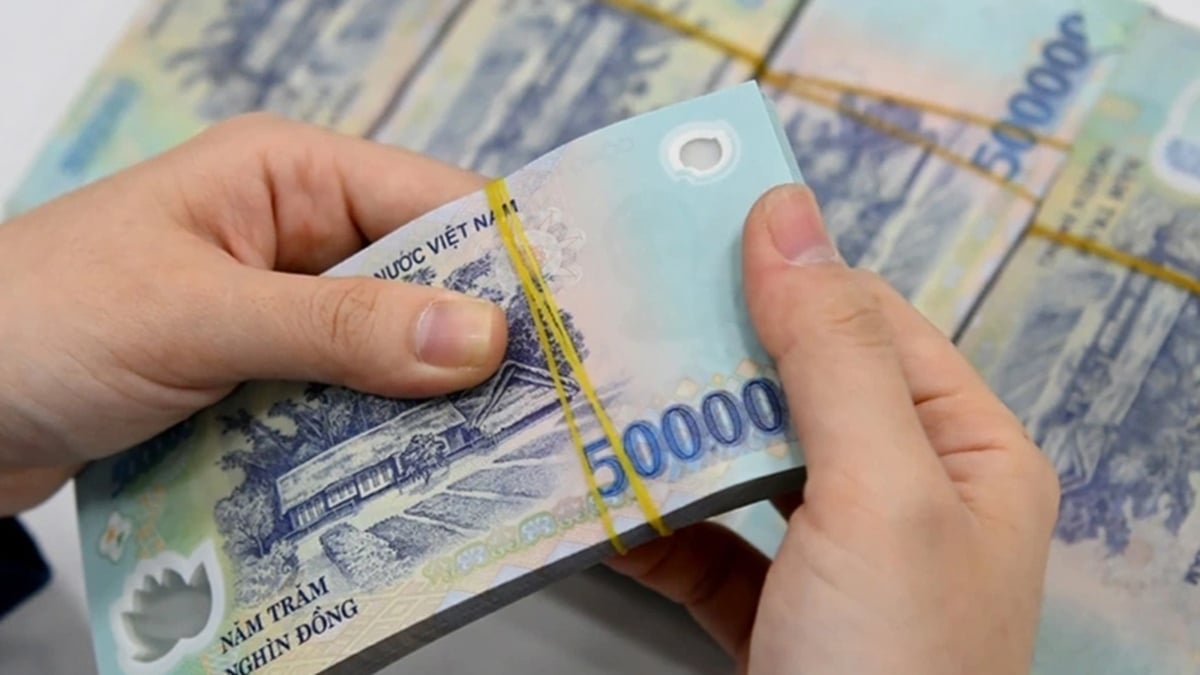



















![[Photo] National Assembly Chairman Tran Thanh Man visits Vietnamese Heroic Mother Ta Thi Tran](https://vphoto.vietnam.vn/thumb/1200x675/vietnam/resource/IMAGE/2025/7/20/765c0bd057dd44ad83ab89fe0255b783)































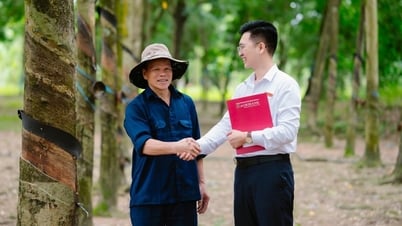







































Comment (0)